Blog
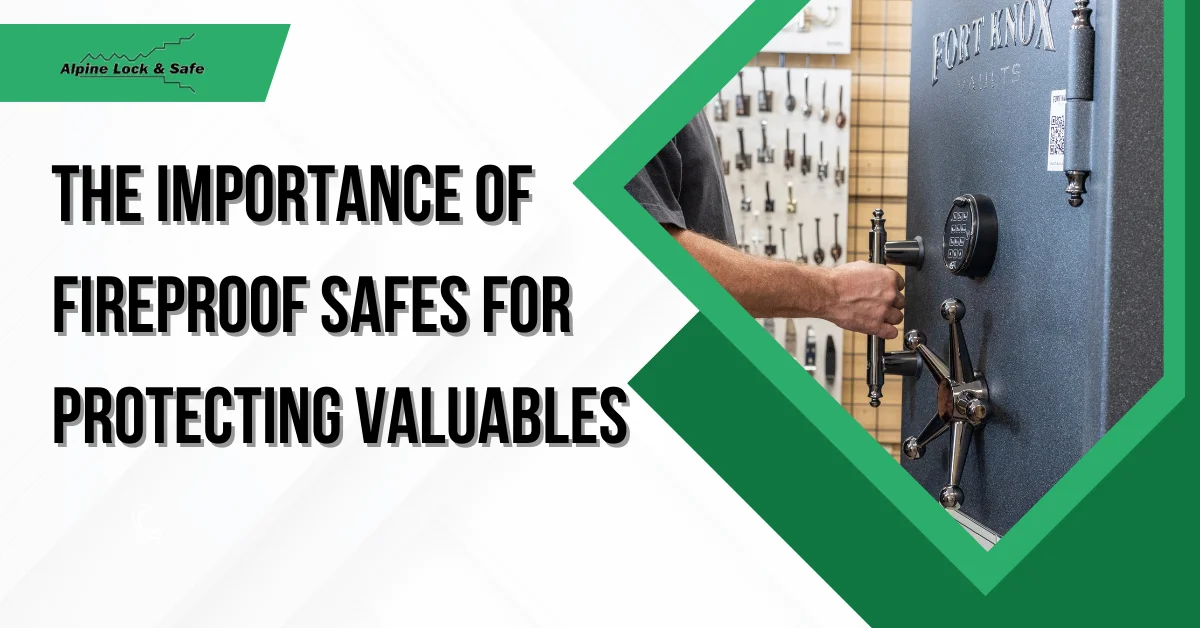
The Importance of Fireproof Safes for Protecting Valuables
Fireproof safes are essential for protecting your valuables from fire hazards and theft. They keep important documents like passports, financial records, and birth certificates safe from heat and flames, ensuring peace of mind. Additionally, fireproof safes help meet insurance compliance requirements, safeguarding your valid claims.
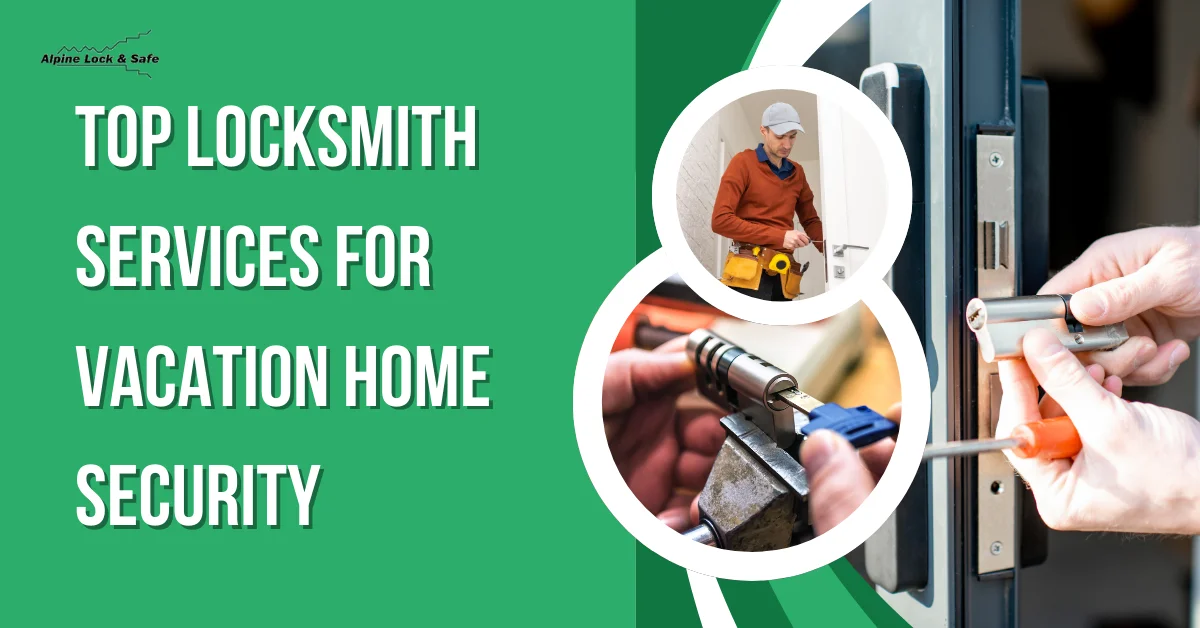
Top Locksmith Services for Vacation Home Security
When securing your vacation home, top locksmith services provide essential solutions tailored to your needs. They offer extensive residential locksmith solutions, including emergency lockout assistance, lock repair, and rekeying services.
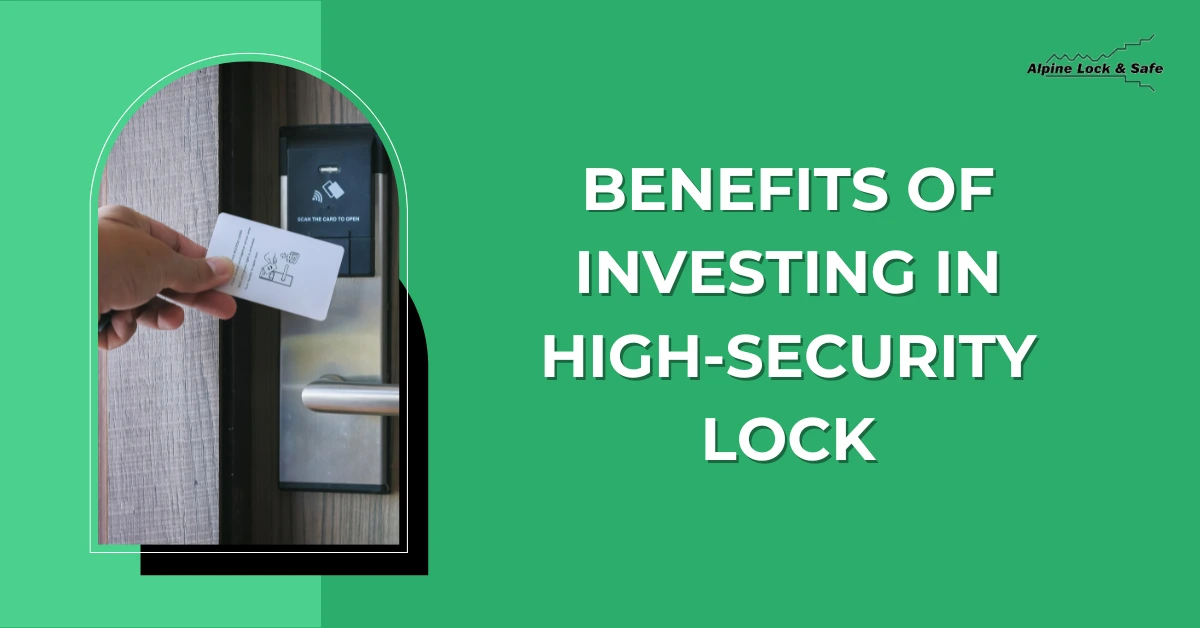
Understanding High-Security Locks: Are They Worth the Investment?
High-security locks offer a significant defense against unauthorized access, making them a wise investment if you’re serious about security. Their advanced mechanisms are designed to resist picking, drilling, and tampering.
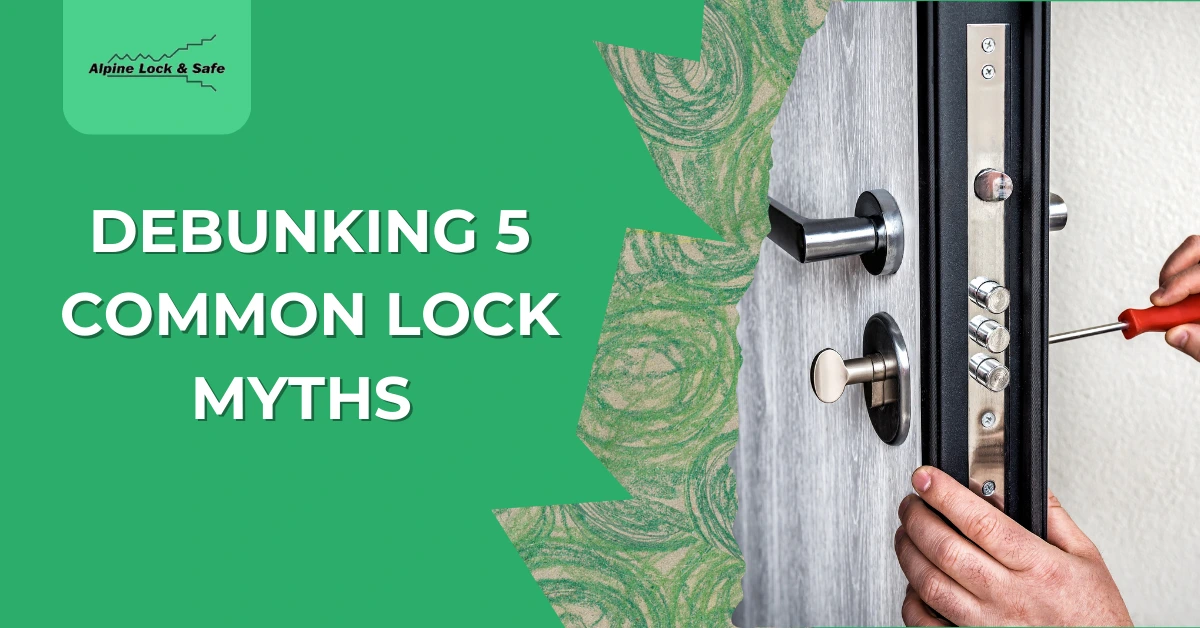
5 Common Myths About Lock Replacement and Repair
You might think replacing a lock is always expensive, but that’s not true—sometimes repairs can be a cost-effective option. It’s also a common myth that broken locks can’t be repaired; many can be refurbished with new parts. Not all locks offer the same level of security, so evaluating your needs is crucial. While DIY repairs are tempting, professionals guarantee quality and provide warranties.
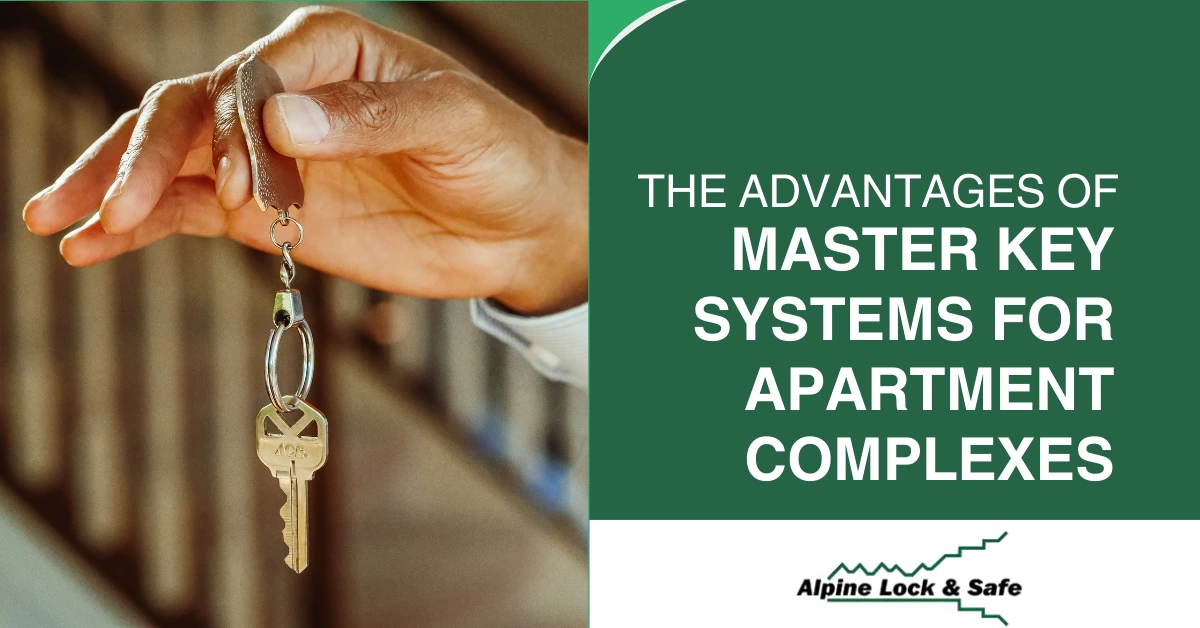
7 Advantages of Master Key Systems for Apartment Complexes
Master key systems offer you significant advantages in managing apartment complexes. They simplify access, allowing staff to use a single key for multiple areas, which boosts operational efficiency.
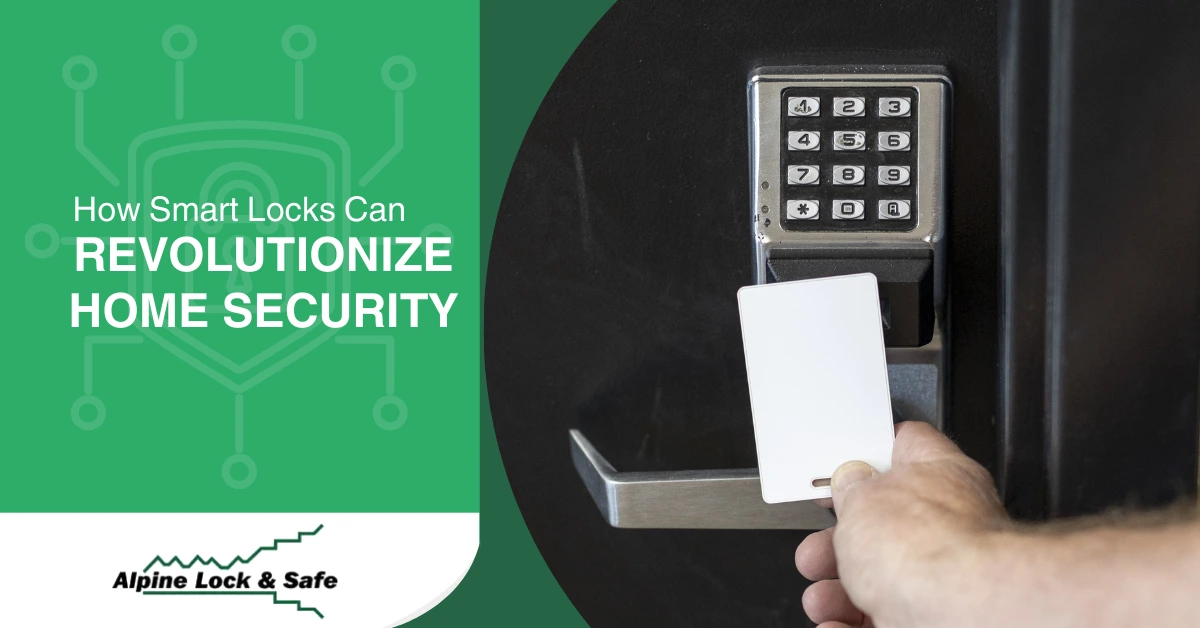
How Smart Locks Can Revolutionize Home Security
Smart locks can revolutionize your home security by merging convenience with advanced technology. With keyless entry, you no longer need to worry about losing physical keys.


